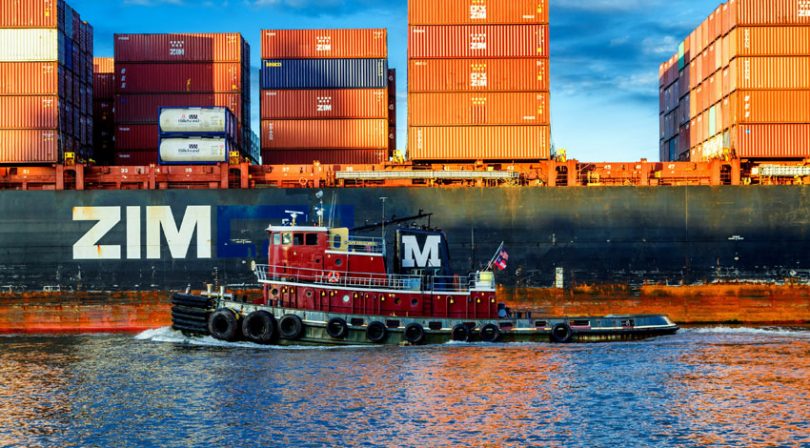ZIM, the largest Israeli container shipping company has announced plans to move to the next stage of their pilot project which revolves around blockchain-based paperless Bills of Lading. The initial project was announced in November 2017.
The pilot project was tested in cooperation with Sparx Logistics and Wave and has been deemed successful. Now ZIM has decided to evaluate their platform in different trade routes and with more customers. The results of the pilot are promising, as it has shown that the transactions on blockchain can replace paper and also improve efficiency, as currently many activities rely on emails, fax, and other tools.
According to the ZIM announcement in two recent test transactions original Bills of Lading were transferred to the recipient in under two hours from the vessel’s departure, a process that usually takes days or even weeks. Complete documentation transfer, including ownership transfers and endorsements, was performed using the blockchain-based platform.
After testing dozens of cargos with multiple freight forwarders and cargo owners, ZIM aims to start the next phase of the project by offering eB/L for all ZIM customers in selected routes. During the first quarter of 2019, ZIM intends to focus on the North America-Mediterranean and Asia-South Africa routes which were chosen due to their diversity.
Digitalizing the shipping documentation process could lead to a substantial reduction in the time, costs and complexity of the process for all parties involved.
About the company
ZIM is the 18th largest shipping company in the world and the number one shipping company in Israel. The company was founded in 1945 and has annual revenue of $3.4 billion. Currently, it employs 4200 people and has a TEU (Twenty-Foot Equivalent Unit) of 338,754.
Blockchain competition
Blockchain platforms for container shipping abound. The highest profile one is TradeLens the joint initiative from IBM and Maersk. But other container shippers are wary of Maersk’s involvement. The TradeLens website even states: “Maersk business units including Maersk Line, Hamburg-Sud, APMT, and Damco participate on the same terms as other participants with no special treatment or access to competitor data.”
Many competitors have clubbed together to work with CargoSmart which two months ago announced a blockchain platform with five of the largest ten container carriers. Their combined container shipping market share outstrips TradeLens.
Kuehne + Nagel is the biggest shipping freight forwarder. They’re working with Accenture on a blockchain project that conducted a trial with the Budweiser parent company. Six months ago the Open Trade Blockchain platform launched in Singapore to serve the entire region.






